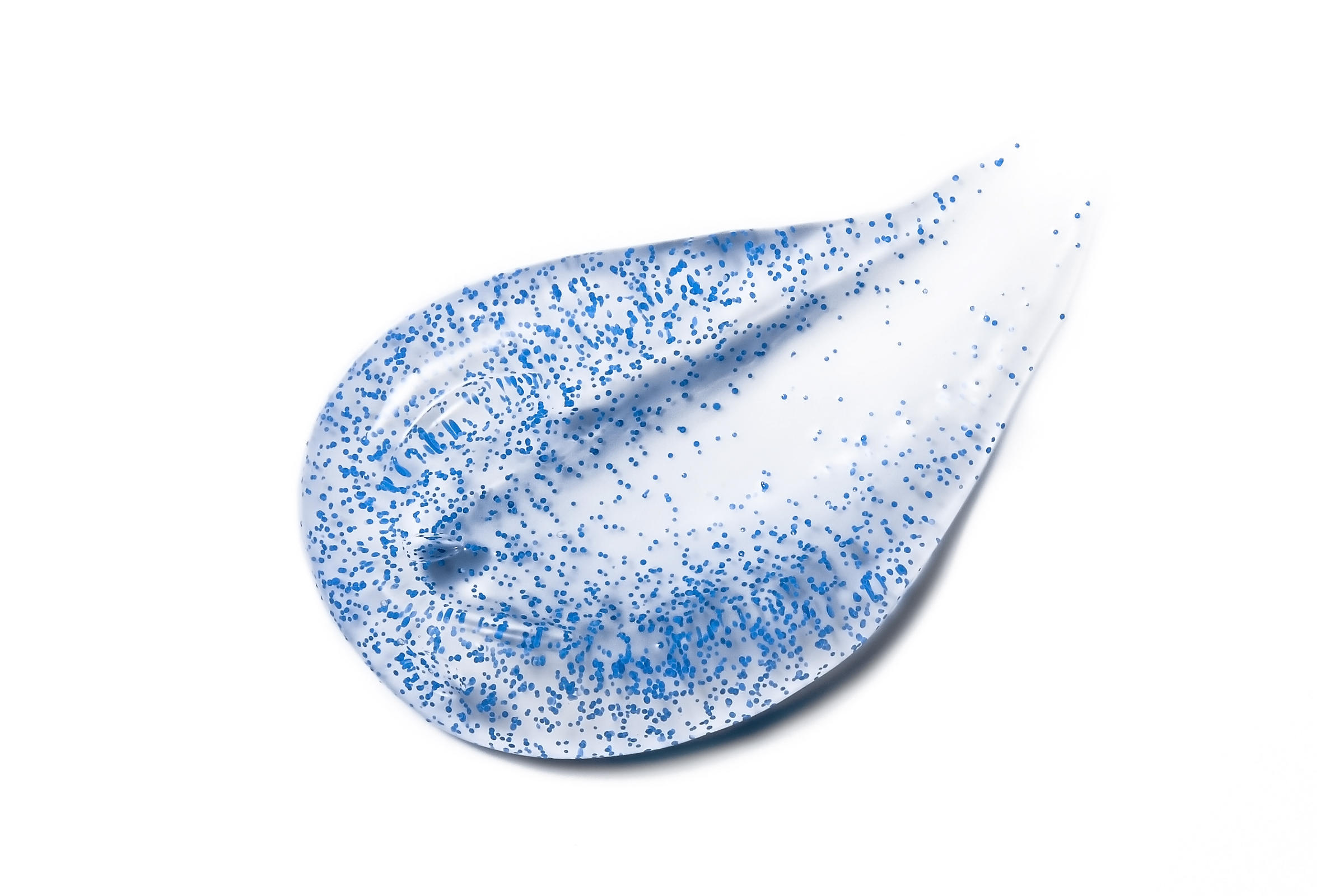Which products contain microplastic ingredients and which not? In the below overview you can choose the country to find out if products in the respective country . Plastic microbeads have been banned in the UK meaning they will no long be allowed to stay in beauty products. A ban on both the production and sale of microbeads has come into force in England and Scotland.
This means that manufacturers are . BEAUTY, cleaning and health products containing microbeads are being banned in the UK.

Andrea Leadsom, the environment secretary, said . Microbeads are tiny pieces of plastic found in many very well known conventional beauty and skin care products – by many household brands. They are rife on supermarket shelves, and mainly found in exfoliating face and body scrubs, glittery make-up, toothpaste , shower gel , and more. Controversial part of bath products.
Here are five of the best microbead-free scrubs for you to try: Clarins One Step Gently Exfoliating Cleanser: £2 Boots. Espa Refining Skin Polish: £37. Alpha H Liquid Gold: £33.
How to get rid of products with microbeads in an eco-friendly way with tips from Greenpeace. Avon no longer manufactures products using synthetic plastic microbeads as exfoliants and cleansers.

We have reformulated products , which include Footworks . The reformulation has been complete nevertheless a few products containing microbeads could still be present on the market. All new formulae will soon be . The objective of the campaign is to prevent plastic microbeads in personal care products. Thousands of tonnes of plastic microbeads from products such as exfoliating face scrubs and toothpastes wash into the sea every year.
Microbeads are itty-bitty plastic orbs that can be found in exfoliating facial scrubs, shower gels and toothpaste, among other products. For example, Illinois, the first state to act, has introduced a ban on the sale and manufacture of products containing microbeads , which will be . Managing microbeads in personal care products : Consultation document. Wellington: Ministry for the Environment.
These tiny pieces of plastic used in personal care products are . Small plastic particles, often known as microbeads , have been used in cosmetic products thanks to their gentle cleansing effect for a significant length of time. A ban on the sale of products including face scrubs and toothpastes that contain plastic “ microbeads ” comes into force today. Among the scrubbing ingredients, . Microbeads are manufactured solid plastic particles of less than one millimeter in their largest dimension.
They are most frequently made of polyethylene but can be of other petrochemical plastics such as polypropylene and polystyrene. They are used in exfoliating personal care products , toothpastes and in . As of July 1st, the manufacture, import, and sale of most toiletries that contain microbeads are all banned. A series of frequently asked questions concerning plastic microbeads. Product exceptions include natural .